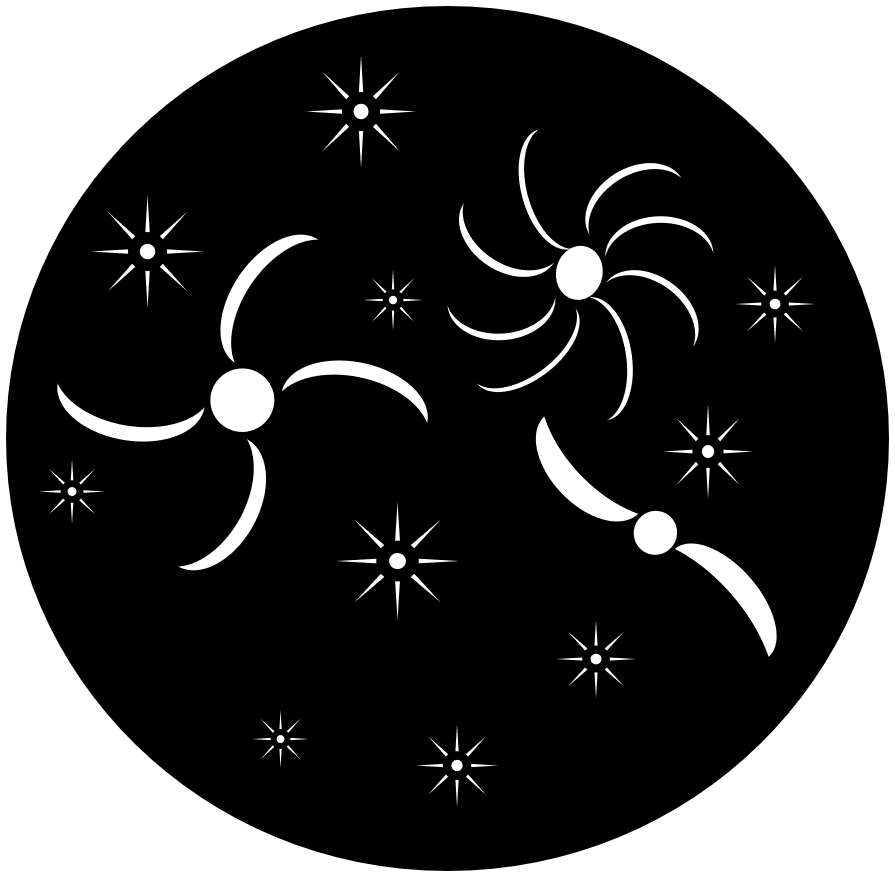I don’t deride teamwork to the extent that Rand does, but neither do I hold it up as a veritable moral imperative demanded by a collectivist deity…and given the current context, I consider that we are in far greater danger of too greatly lauding the team than we are of not valuing teamwork sufficiently.
New Old Stories
It is reductionist and unimaginative to contend that there are no new stories to tell, akin to the assertions that history is just a cycle that repeats itself. As long as there are new people, as long as the world is changing and entropy hasn’t prevailed throughout the universe, there will be new stories.
Wondrous Tales
All of this reflection, eventually, produced a name for the sense I had for what was missing in my writing and what unifies the pieces I enjoy the most: wonder.
Beyond Word Count
I find word count provides helpful insights into my writing habits and the structure of my stories. On shorter time scales, though, it doesn’t always reflect the amount of writing work I might be doing.
Imagination Vs. Extrapolation
Imagination isn’t just thinking about what could be. It’s asking what if anything could be.
Something New
The problem is that when most people think of how new ideas come to be, they envision the end result as some instantaneous, intuitive leap, but the reality is that new ideas don’t come about so spontaneously.
Two-Way Storytelling
It took growing my confidence as a writer, and reflecting on oral storytelling traditions and the performative nature of language, to realize that storytelling isn’t a one-way street, that I am not so much telling a story, dictating it via text, as I am sharing it with a fellow traveler along the journey that the story describes.
Missing Hunger
The idea that experiencing challenges and hardships improves us in some way is deeply woven into our modern culture, and not just in the form of the oversaturated superhero genre.
A Short Story Argument
Think of argument as how a story bridges to reality
Relatively Wrong
I want a morality that allows us to say with certainty, and with no caveats, “that is evil.”
